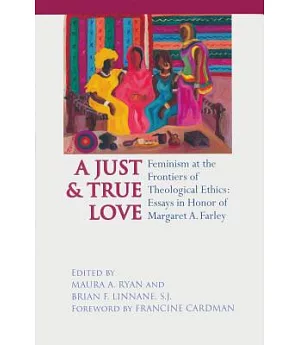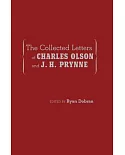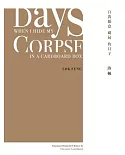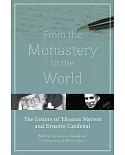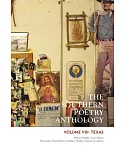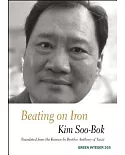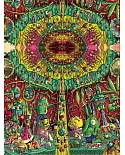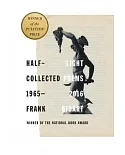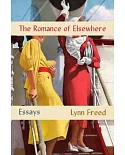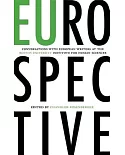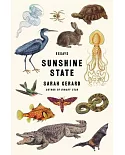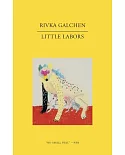This interdisciplinary and ecumenical collection of essays honors the transformative work of Margaret A. Farley, Gilbert L. Stark Professor of Christian Ethics at Yale Divinity School,
using it as a starting point for reflection on the contribution of feminist method to theology and ethics. Through a variety of perspectives, contributors show that by resisting classical
oppositions between “interpersonal” and “social” ethics and by insisting that social, economic, and political realities be taken seriously in considerations of justice, feminist concerns
challenge the very categories of Christian ethics.
With essays ranging from sexual ethics to human rights, medical ethics to freedom, A Just and True Love offers a broad perspective on the last twenty-five years of feminist
innovation in Christian ethics and a glimpse of its global future, particularly in continents such as Africa.
“This book brings together a number of the most prominent thinkers in Christian theology and ethics today in a justly deserved tribute to the work and influence of Margaret Farley. The
essays explicitly acknowledge and engage Farley in various degrees; one comes away appreciating both the integrity of her work and its versatility.” —Darlene Fozard Weaver, Villanova
University
“Inevitably while listening to or reading Margaret Farley, we find her refrain, ‘I want to ask all over again.’ Reexamining, reframing, and rethinking is Farley’s method of engaging anew
human experience and relationality. The authors of these essays capture that method as they reconsider feminism and sexuality, love and freedom, justice and truth, contraception and women’s
rights. Like her own work, they reset the ethical agenda to recapture a more loving truth. A very successful collection for a most admired colleague. Ryan and Linnane are to be
congratulated!” —James F. Keenan, S.J., Boston College
“In A Just and True Love, a host of distinguished scholars consider fundamental themes of feminist theological ethics and their significance for global justice, the meaning of
Christian love, creative casuistry, and truthful life in the Church. I can imagine no higher praise than to affirm that these authors have succeeded marvelously in doing exactly what they
set out to do: to produce a volume worthy of the theological work and wisdom of Margaret Farley.” —William Werpehowski, Villanova University

